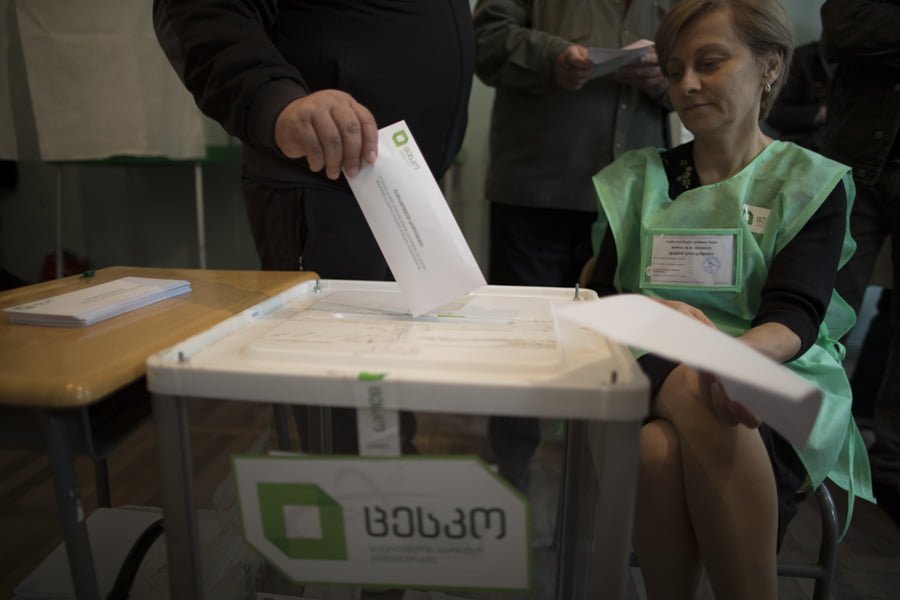The Georgian Parliament voted overwhelmingly on June 21 to endorse constitutional amendments on first reading that foresee reforming current electoral system ahead of parliamentary elections due in October this year.
Passage of the electoral reform package, which was agreed on by the ruling Georgian Dream party and the opposition following talks facilitated by foreign diplomats, shortly prompted international assessments.
The U.S. Embassy, which played a significant role in brokering the March 8 Deal, congratulated Georgian lawmakers for approving the first reading of changes to the Constitution on Sunday. “It is an important step towards greater parliamentary pluralism,” the Embassy stated, while encouraging “all sides to fully implement the March 8 agreement.”
EU Envoy to Georgia Carl Hartzell, who also mediated the talks, welcomed initial approval of electoral changes. “I counted 142 votes behind the constitutional deal after March 8,” tweeted the Ambassador, highlighting that amendments were passed with 136 votes in favor. Hartzell expressed hope that “all sides will take responsibility” to ensure final approval of the bill.
Congressman Adam Kinzinger (R-Illinois), who co-chairs the U.S. House Georgia caucus, also hailed passing of the electoral reform bill despite the hindrances – “a long road, but well worth it,” the lawmaker wrote.
MEPs Marina Kaljurand and Sven Mikser, released a joint statement calling lawmakers’ voting in favor of the reform bill “a positive signal as it testifies to a broadly consensual approach.” They urged all parties to the March 8 Agreement to “build on this positive momentum,” which they said would help “depolarize Georgia’s political environment and ensure that the democratic will expressed by its citizens will be properly reflected in the next Parliament.”
The proposed legislation foresees introducing a parliamentary composition based on 120 proportional and 30 majoritarian seats, and fixing the election threshold at 1 % of votes. The bill will also enact a constraint barring any single party that receives less than 40 % of votes from claiming a majority of seats in the Parliament, and hence, from forming the government on its own.
Passing of the electoral reform was part of a deal between the ruling Georgian Dream party and the opposition agreed on March 8, following negotiations facilitated by the EU, German and U.S. Ambassadors to Georgia.
Also read:
This post is also available in: ქართული (Georgian) Русский (Russian)

